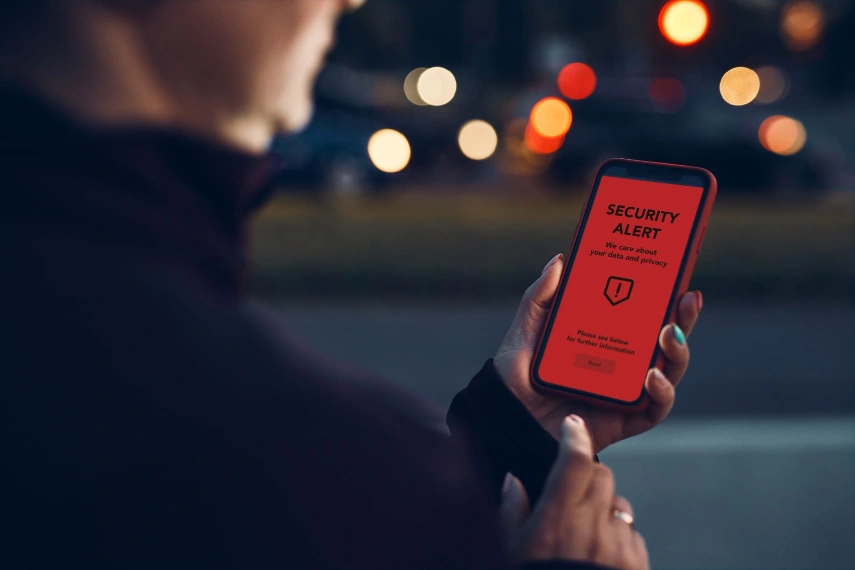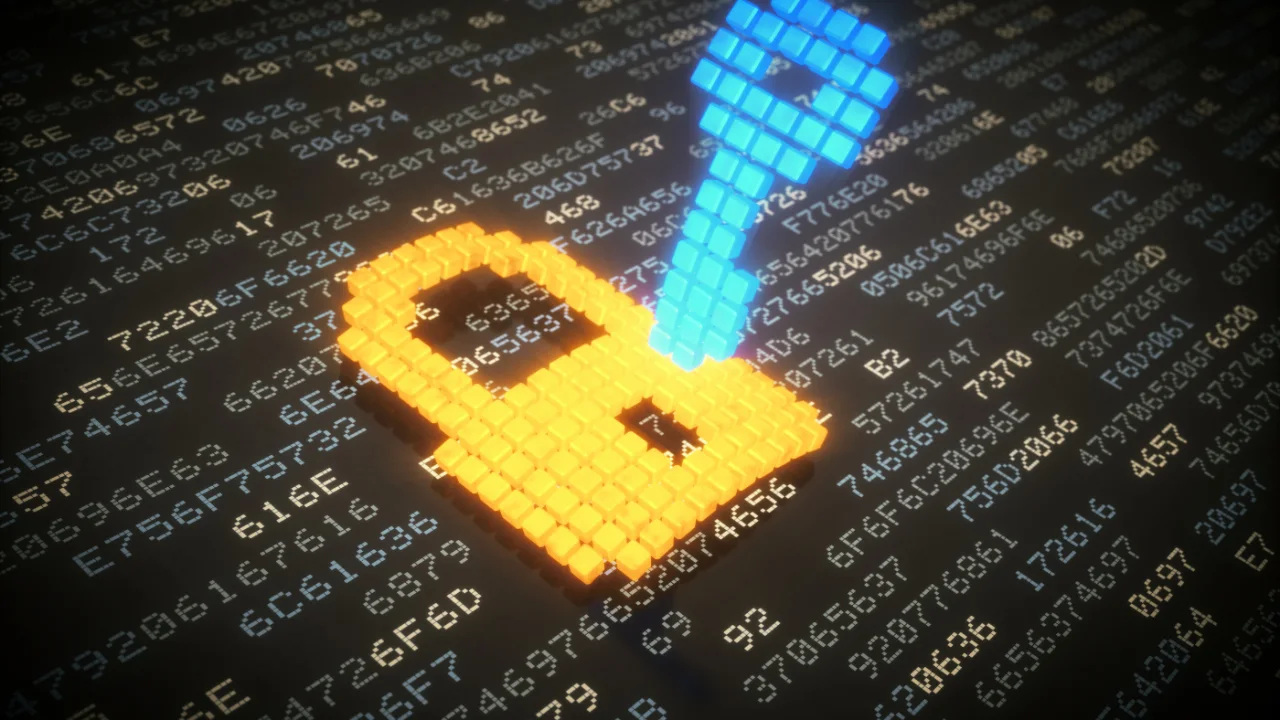As technology continues to evolve, there remains a few common cybersecurity myths that still deeply ingrained into our minds. But just because many people believe in something, doesn’t mean it is true. Cybercriminals are very aware of this and use it to their advantage. Business and individuals that hold onto these misconceptions about cybersecurity are much more vulnerable to cyber-attacks.
We asked our IT experts to debunk 5 tech myths:
Antivirus Is Good Enough
This is probably the most common myth from this list. An anti-virus is a must-have in any computer as it effectively blocks most malware and viruses. However, your anti-virus can only detect known malware. Given that malware creators know this all too well, they release new types of malware every day. The new malware is then injected into your network undetected by using malicious websites, files and programs.
Most businesses today use cloud computing, from cloud-based applications to storage and servers. Cyber attackers who aim to steal your data are targeting your cloud data. Unfortunately, your antivirus cannot protect you from their attacks.
Mac computers don’t get viruses
We all have that one friend who claims this. Truth is, Mac computers are not immune to malware. The Flashback malware which is designed to harvest personal information including user passwords has infected 600,000 Mac computers in 2012.
While it is true that Mac computers are less likely to be infected compared to Windows computers, with the growing number of Apple computers it has now become a bigger target for attackers.
Cybersecurity is the IT people’s job, not mine
Not true – cybersecurity should be everyone’s responsibility. The IT department is not the sole guardian against cyber–attacks. Entering personal details on an unsecured website, clicking a malicious link from an anonymous email sender, or downloading and installing infected files are things your IT expert cannot control.
Awareness and commitment are the most effective security measures. Keep your operating system and security software updated, regularly change your passwords, and inform your team about any recent news of cyber scams are simple things you can do to keep yourself safe.
Following cybersecurity best practices may only take a few extra minutes of your time. But these small actions will make a big difference. They will strengthen your business’ defences against cyber-attacks and the serious financial losses that result. A good way to get started is by reading our guide on how to recognize malicious emails.
I’m no one, hackers only target rich people
Movies lead us to believe that only the “big companies” and “important people” are targets of cyber–attacks. You may think that your organization has nothing of value, but the truth is that hackers attack smaller businesses often as they are known to have inadequate and outdated cybersecurity. Realising that no business is safe from cyber–attacks means you are on the right track to staying protected.
Cybersecurity is expensive
Cybersecurity is often neglected as it isn’t seen as something that generates revenue for the business. However, this is not the case. Simple practices such as activating your firewall, keeping your software and operating system up-to-date, and encrypting your most sensitive files are always effective.
60% of small and mid-sized businesses that are hacked go out of business with 6 months. Now let that sink in. While investing in cybersecurity may seem like a waste of resources, it is always a worthwhile investment considering the irreversible damage that a single cyber-attack can cause.
Having a dedicated, professional team to promptly resolve every IT-related issue can is the most reliable and cost-effective way to protect your assets. Knowing that cybersecurity is a growing concern, we have created a Cyber Security Guide for Small Businesses. You can download it here.





